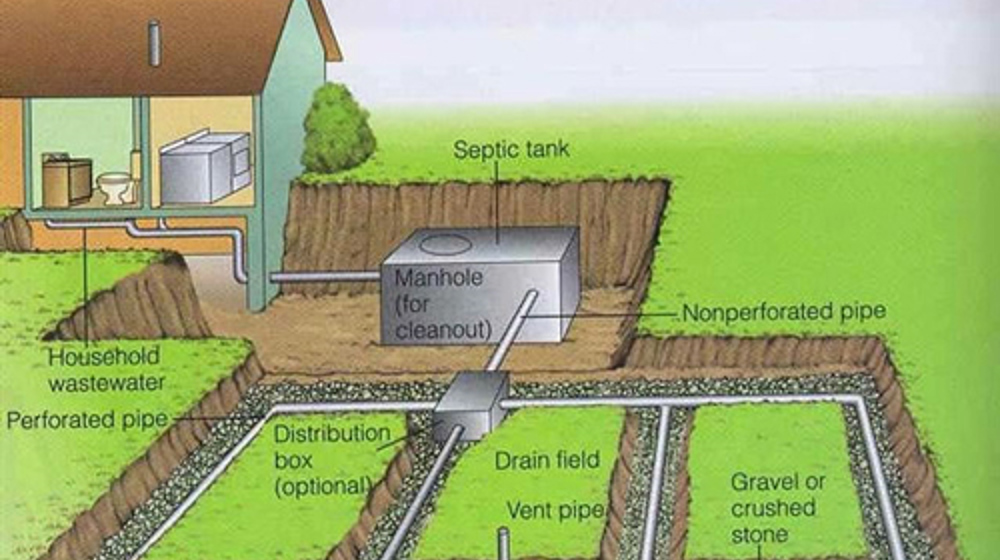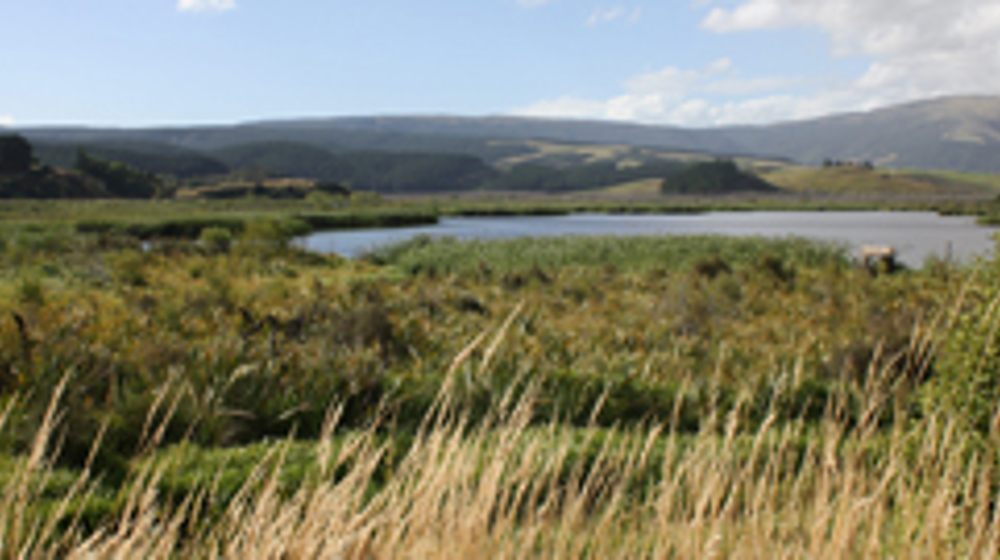The Otago Regional Council (ORC) is responsible for regulating activities affecting water, air, land and the coast. Our goal is to promote the sustainable management of our environment.
Our compliance team help our community and resource users comply with our rules and regulations. We achieve this through monitoring, education, advice, investigations, and enforcement. Our aim is to promote behaviour change and encourage consent holders and the wider community to take ownership of resource management issues. To achieve a coordinated approach, our Compliance team uses a range of tools and works closely with a range of teams across ORC to provide great outcomes for our Otago environment and community.
ORC is responsible for monitoring compliance with resource consent conditions and permitted activities, like dairy and forestry, in accordance with our plans and national regulations. Our Compliance Monitoring and Regulatory Data and Systems teams receive and analyse monitoring data, conduct aerial monitoring, and undertake site visits.
ORC monitors compliance with resource consents to determine compliance with conditions of consent and regional rules, the effectiveness of consent conditions and the impact of consented activities on the environment and Otago community. The type and frequency of compliance monitoring will vary. We prioritise monitoring based on risk. Higher risk activities can expect more frequent compliance monitoring than those with a lower risk.
Unless there is a targeted rate for the activity, the actual and reasonable costs for monitoring a resource consent is recoverable from consent holders.
Please contact ORC’s Compliance team if you required further clarification on your obligations as a consent holder: compliance@orc.govt.nz
ORC’s compliance audit grading is based on the Ministry for Environment ‘Best Practice Guidelines for Compliance, Monitoring and Enforcement under the Resource Management Act 1991’.
Compliance Grade |
|
| 1 | FULL COMPLIANCE with all relevant consent conditions, plan rules, regulations and national enviornmental standards. |
| 2 | LOW RISK NON-COMPLIANCE Compliance with most of the relevant consent conditions, plan rules, regulations and national environmental standards. Non-compliance carries a low risk of adverse environmental effects or is technical in nature (e.g. failure to submit a monthly report). |
| 3 | MODERATE RISK NON-COMPLIANCE Non-compliance with some of the relevant consent conditions, plan rules, regulations and national environmental standards, where there are some environmental consequences and/or there is a moderate risk of adverse environmental effects. |
| 4 | SIGNIFICANT RISK NON-COMPLIANCE Non-compliance with many of the relevant consent conditions, plan rules, regulations and national environmental standards, where there are significant environmental consequences and/or there is a high-risk of adverse environmental effects. |
Non-compliance may result in enforcement action being taken in accordance with ORC’s RMA Compliance and Enforcement Policy.
Of the 3,153 consents monitored in 2022-23, most consents were compliant or had only minor or technical non-compliance recorded. In total just under 5.5% of consents audited recorded a significant non-compliance grade. Of the 3,153 consents monitored, 1,009 had site inspections.
ORC may check on permitted activities to monitor compliance with regional plan rules, and to assess the effectiveness of our plan provisions. These rules allow specific activities to be undertaken as of right, however they are subject to compliance with conditions.
Of the 327 permitted activities monitored in 2022-23, 293 dairy inspections and 37 forestry inspections were carried out. Only 3% of dairy farm inspections and no forestry inspections were significantly non-compliant.
Our Investigations and Compliance teams have a key role in responding to incidents and reports of unlawful activities that impact our environment. We responded to 1,203 incidents in 2022-23 and took appropriate action where it was needed. In 2022-23, seven warnings, 77 infringements, 57 abatement notices were issued with one enforcement order and seven prosecutions.
There is no ‘one size fits all’ approach to addressing non-compliance. ORC’s approach and use of regulatory tools depends on the issue, context and seriousness of the breach as illustrated below:

Our Investigation and Compliance teams respond to reports of environmental non-compliance and pollution incidents. These reports can be received through our 24-hour pollution hotline, website and email messages, or from staff.
Environmental incidents are prioritised based on the level of risk and immediacy of effects. Incidents that pose a high risk to the environment or people and have significant potential effects are given priority. For such incidents, our team responds immediately where possible, and always within 24 hours of the incident being reported. For incidents that are a lower priority, the timing of the response is dependent on the level of risk. Regardless of the priority level, all incidents are responded to and reported.
We use a range of compliance and enforcement tools to respond to non-compliant resource consents and incidents that breach our plans or national regulations:
Letters - Used where a minor breach has been reported and/or to educate on the relevant consent conditions, rules and regulations that apply.
Formal warnings - Used when the risk to the environment or people from a breach is low and to work proactively to improve compliance to avoid repeat incidents.
Infringement notice - Used when non-compliance with a consent condition or with rules requires a more formal approach and where a fee is required to be paid.
Abatement notices - Used when non-compliance with consent conditions or rules require works to cease and/or where remediation is required.
Enforcement orders - Used for higher level offending, made by the Environment Court, and requires activities to cease, actions to be taken and/or costs to be paid.
Prosecution - For higher level offending, establishes the guilt or innocence of an accused party, and can include fines and/or imprisonment.
The Compliance Plan is ORC’s roadmap of compliance priorities up till 2026. The Compliance Plan informs ORC’s work in accordance with our obligations under the Resource Management Act 1991, and the national compliance direction set for all regional councils under the Regional Sector Strategic Compliance Framework.
The Compliance Plan is used to inform our work programme. By monitoring progress against our priorities, ORC is agile in responding to those issues that are most important for Otago’s environment.
This policy sets out the approach and principles by which the ORC promotes and enforces compliance with the Resource Management Act 1991 (RMA) and provides an outline of how RMA compliance and enforcement is managed. This policy is intended to ensure a consistent and integrated approach to compliance and enforcement by ORC.
The policy is aimed at ensuring a consistent approach by ORC to the use of warnings in appropriate circumstances, and when addressing conduct that may be an offence. Any response taken will follow due process and public interest considerations, while at the same time not overburdening the Courts with matters that can be effectively resolved through other enforcement routes.

The ORC plays a vital role in preserving Otago's natural resources by implementing rules to prevent pollution and environmental harm across the region.

The forestry sector is important to Otago's economy. However, forestry can have negative effects on our environment, especially water quality.

If you’re planning on running a composting operation of any size, there are some rules in the regional Water Plan and Waste Plan that you need to take into consideration.

Contaminants in soil can cause adverse effects on both human health and the environment through both short-term and long-term exposure. You can find the HAIL (Hazardous Activities and Industries List) database here.

Stock effluent spillage from cartage trucks onto Otago roads can be dangerous to other road users and cause problems.

It is estimated that around 14,600 Otago properties, or 38,000 people (around one in five Otago residents) are serviced by septic tanks.

Well-managed effluent is a great source of fertiliser. Making sure it stays on the land and doesn’t leach or runoff (to water) helps ensure local waterways (rivers, streams, lakes, and wetlands) stay healthy.

Otago’s diverse landscapes have produced an array of wetlands. They include forest swamps, valley floor bogs, sub-alpine swamps and inland salt pans.

Water is the first priority of the Otago Regional Council. Our Regional plan and Land & Water Regional plan are two documents that we use to help develop rules and regulations which will help communities protect our water for generations to come.

Waterway health can be affected by how land is managed. If you're a farmer, viticulturalist, horticulturalist, or any other type of land owner, here are some fact sheets to help. Get tips for good practices in your farm management

Home fires are a significant source of air pollution in some Otago towns. Get tips on reducing air pollution, heating your home economically, and the fireplace rules & regulations in Otago right here.

New Zealand has more than 50 species of native freshwater and sports fish. It’s important that in-stream structures such as culverts and weirs are designed to allow for fish passage.